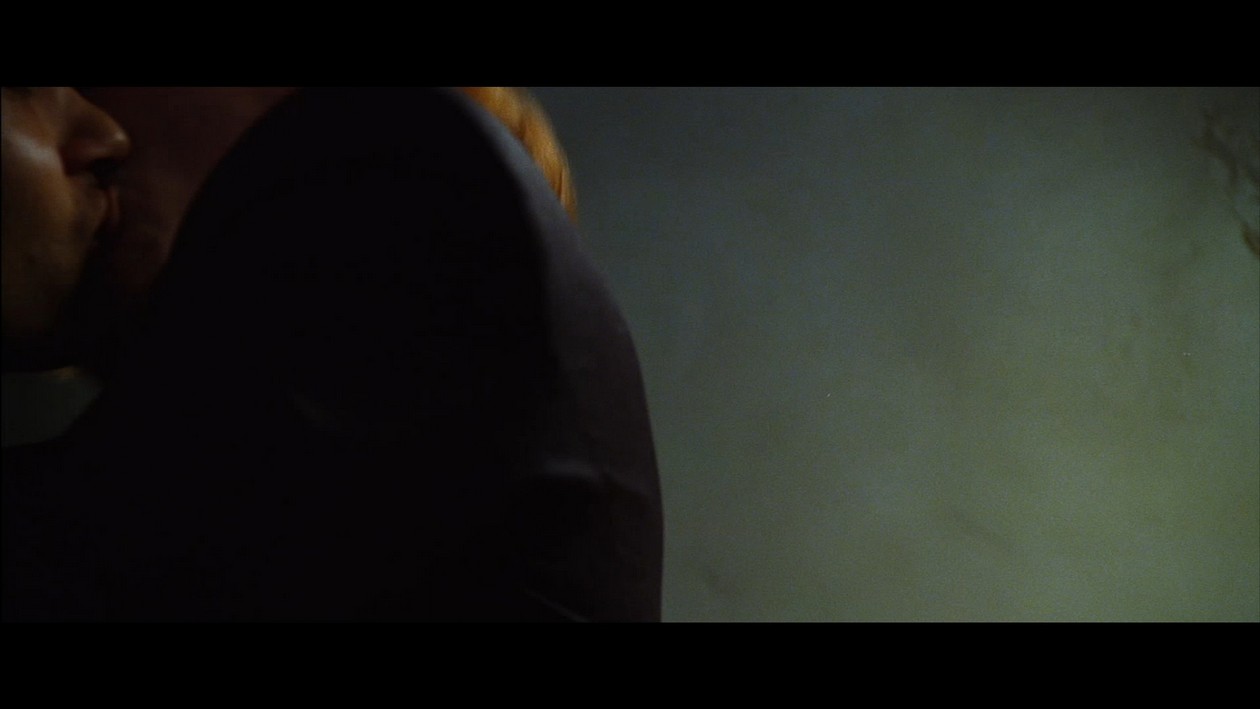
if you get what I mean." All the while, the Peacock family watches from their porch. Taylor also insinuates that the family members "raise and breed their own stock. There are presumably just the three brothers, as no one has seen the parents since they were in a serious car accident a decade back. Taylor tells them that the house had been built during the civil war and still does not have electricity, running water or heating. While talking to Sheriff Andy Taylor, Mulder asks whether the house nearest to the scene - the Peacock house - had been questioned about the baby. He informs her that it is a town like this which he would like to settle down in, if not for his job. When they arrive at the scene, Scully is already taking notes and Mulder is sniffing a baseball that the children left at the scene, reminiscing about time spent at Martha's Vineyard with his sister, Samantha.Ĭhildren in a baseball diamond discover the Peacock family's newest born child buried.Īfter Scully comments on the community she jokes that Mulder might go into "catatonic schizophrenia" without his cell phone. The next morning, the baby's hand, sticking out of the ground, is discovered by some local children playing baseball on the field. Peacock, gives birth to a highly deformed child, which her three sons bury at the nearby baseball field during a storm. The Peacock Children burying their child.Ī woman, later identified as Mrs. "Fallen Angel" is most notable for the introduction of Fenig, and also for providing a shadowy mystique that only the earliest mytharc scripts seemed to be able to do.When a deformed baby's body is found buried in a baseball field, Mulder and Scully investigate a family suspected of inbreeding. In a way it can be considered a standalone, and in that category it surpasses most of the scripts Gordon would go on to write without Gansa. This is a laudable Gordon/Gansa effort that fits in somewhat into the mythology puzzle, but unfortunately is barely touched upon in later years. It is interesting that the invisible alien creature is not used in later episodes, making this one seem further detached from the mythology. The special effects in this scene are also very dated, but forgivable considering the time frame.

I'm not certain if it was used in any other episodes but it sounds kind of cheesy.

There is a score in the warehouse scene that sounds fit for a holdover 80s crime-drama. Some of the soundtrack choices Mark Snow employs are quite curious. Jerry Hardin reprises his role as the original Deep Throat in a closing scene that expands his character in more interesting directions. It is a shame this character wasn't used in later episodes. Bellins captures a congenial awkwardness in his role very reminiscent of the then-imminent Lone Gunmen, and Marshall Bell is perfect as the nasty, callous general. After three or four viewings, however, the strong characterization and guest acting won me over. I can't be certain whether it was the unusual pacing (the traditional two-parters wouldn't commence until season two) or just the fact that my taste buds were still soured from the previous episode. I didn't care for this episode upon first viewing. Fenig seems to be the missing piece of the puzzle, as a singular scar behind his ear leads Mulder to believe he may be an abductee.


Obviously there is more going on here than meets the eye, with a conspiracy of silence and indignant superiors still trying to eliminate Mulder from the X-Files. Like most of the other season one mythology eps, the story is independent of future plot threads (excluding a two-part sequel that wouldn't air until the latter half of season four) and introduces UFO geek Max Fenig, played seamlessly by Scott Bellins, who Mulder meets upon being detained in an alleged restricted toxic spill site. So it's interesting to see his name attached to one of the original mythology scripts – the third chronological mytharc script to be exact – "Fallen Angel," a much more competent work in a largely uneven premiere season. Often they were re-treads of superior precedents ("Firewalker"), or centered around ideas too underdeveloped to carry an episode on their own, and thus cushioned by wanton detours into the mythology arc ("Avatar," "Teliko"). Most of the Howard Gordon episodes never really tickled my fancy.


 0 kommentar(er)
0 kommentar(er)
